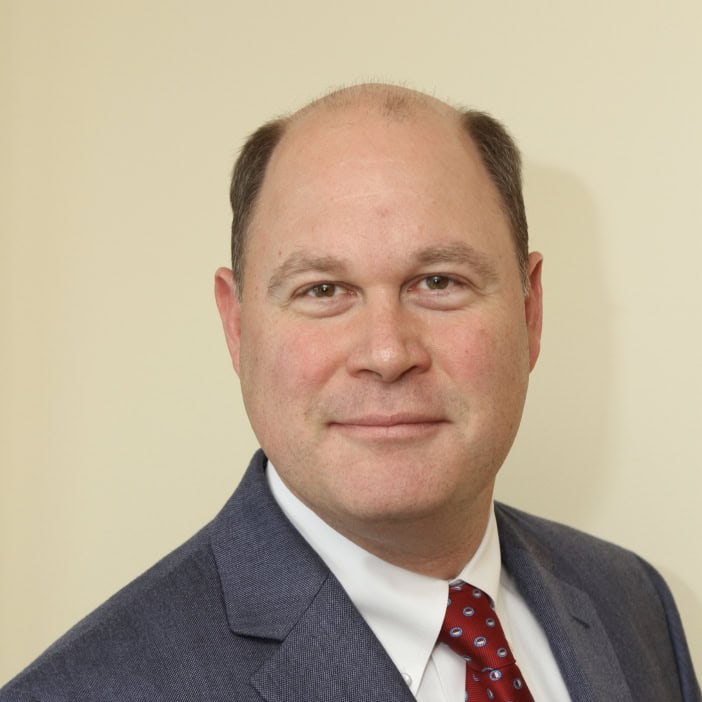
Federal District Court Denies Subcontractor’s Motion for Partial Summary Judgment on Miller Act and Quantum Meruit Claims
A roofing subcontractor on a federal roof replacement project filed suit against the general contractor and its surety, asserting claims under the Miller Act and for quantum meruit. On May 30, 2023, the U.S. District Court for the District of South Dakota issued an order denying the subcontractor’s motion for partial summary judgment. U.S. ex rel. Billd Exchange, LLC v. Best Choice Construction, Ltd. and U.S. Fire Insurance Co., 2023 U.S. Dist. LEXIS 95498. This opinion addresses some interesting issues under Miller Act claims.
This matter arose from a project by the Bureau of Indian Affairs (BIA) to replace the roof of a prison facility in South Dakota. The BIA contracted with Best Choice Construction (Best Choice) to replace the roof, and Best Choice furnished the required Miller Act payment bond, issued by U.S. Fire Insurance Co. (USF). Best Choice subcontracted with Vertex Roofing, LLC (Vertex) to provide work, equipment, and materials for the roof replacement.
After work began at the project site, Vertex alleged that the condition of the existing roof deviated from the industry standard and that it was entitled to an equitable adjustment—extra compensation—as a result. Ultimately, Vertex was not granted an equitable adjustment and was eventually directed to vacate the project.
The original complaint was filed by Vertex in the U.S. District Court for the Southern District of Texas. Vertex alleged breach of contract against Best Choice and USF, or, in the alternative, quantum meruit. Under either theory of liability, Vertex asserted a right to recover under the Miller Act. The parties agreed to transfer the case to the U.S. District for the Southern District of South Dakota, and Vertex assigned its claims to Blled, which moved for summary judgment against the surety.
USF opposed the motion on a procedural matter, asserting that its principal has not been served with the complaint. The court, however, observed as follows:
A number of district and circuit courts have considered whether a contractor is a required party to a Miller Act suit, and “all courts to consider the question have concluded that a surety alone may be sued by a subcontractor under the Miller Act.”
The court referenced the language in 40 U.S.C. § 3133(b)(10): “Every person that has furnished labor or material and that has not been paid in full . . . may bring a civil action on the payment bond for the amount unpaid[.]” (emphasis added). Quoting from a Ninth Circuit case, the court provided that “[t]he words ‘sue on such payment bond’ are unambiguous” and do not require joinder of the contractor. The court then adopted the reasoning of the Ninth Circuit and joined “the majority of courts that have considered this question in finding that a contractor is not a required party to a Miller Act claim against a surety.”
The court next observed that recovery under the Miller Act depended on the validity of the quantum meruit claims, which are a matter of state law. The court articulated the elements of quantum meruit under both Texas law and South Dakota law. Ultimately, the court declined to decide the choice of law question, because it would deny summary judgment under either legal standard. The court determined that quantum meruit relief was available only if the roofing subcontractor had performed work outside the scope of its contract. The court, accordingly, denied the motion for summary judgment against the surety because there was a genuine issue of material fact concerning whether the condition of the roof deviated from industry standards.

The author of this article is Martha Perkins, General Counsel at NASBP. She can be reached at mperkins@nasbp.org or 240.200.1270.
This article is provided to NASBP members, affiliates, and associates solely for educational and informational purposes. It is not to be considered the rendering of legal advice in specific cases or to create a lawyer-client relationship. Readers are responsible for obtaining legal advice from their own counsels and should not act upon any information contained in this article without such advice.
Get Important Surety Industry News & Info
Keep up with the latest industry news and NASBP programs, events, and activities by subscribing to NASBP SmartBrief.




